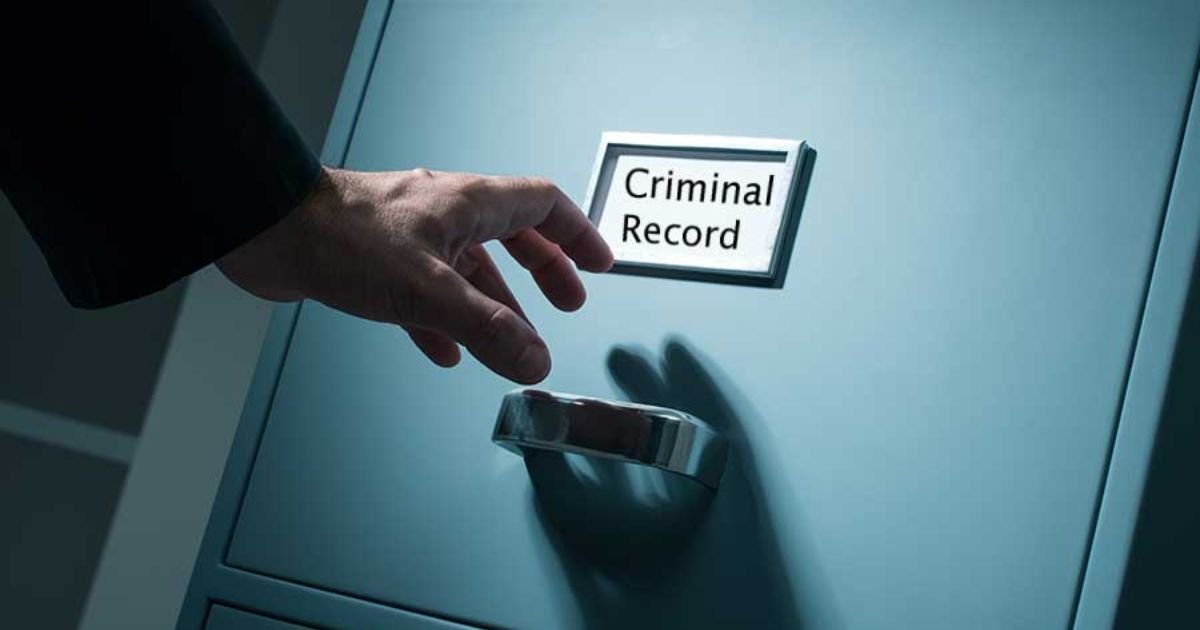Key Takeaways
- Understanding Criminal Record Checks
- The Significance of Background Screening in Various Industries
- How Criminal Record Checks Enhance Workplace Safety
- The Legal Framework Surrounding Criminal Background Checks
- Limitations and Ethical Considerations
- Integrating Technology in the Background Screening Process
- Best Practices for Employers Conducting Criminal Record Checks
- Future Trends in Background Verification
Understanding Criminal Record Checks
The integrity of any organization greatly depends on the trustworthiness of its members. A thorough background screening, including a criminal record check, is indispensable. Such checks are vital in a layered due diligence process, revealing whether a potential employee has a history of criminal activity that could bear upon their fitness for a particular role. This step is neither about ostracism nor undue scrutiny. Still, it is a safeguard for the company and its stakeholders, ensuring that the individual’s past actions do not foretell risk to the company’s future. Different tiers of criminal record checks exist, with varying levels of detail. Some may only cover convictions, while others might reveal charges, pending cases, or even non-conviction information. The depth of a check will often reflect the sensitivity of the position in question, ranging from basic declaration to full disclosure for positions of trust.
The Significance of Background Screening in Various Industries
Virtually every sector benefits from judicious employment screening, yet nowhere is it more imperative than in industries where workers are in positions of high responsibility or come into contact with vulnerable populations. In healthcare, for example, professionals caring for patients must have no history of abuse or malpractice. Likewise, the finance sector, where the integrity of financial systems and personal information depends on the trustworthiness of the people who manage them, sees rigorous background checks as a cornerstone of governance. Such practices aren’t merely about peace of mind; they often fulfill regulatory requirements designed to mitigate insider threats and maintain professional standards. It’s a crucial step towards reputational assurance and operational security in sectors where trust is a measurable currency.
How Criminal Record Checks Enhance Workplace Safety
A vital aspect of ensuring a safe workplace is the establishment of preventive mechanisms designed to identify and mitigate potential threats. Criminal record checks serve this purpose by screening individuals who may have a history of violence, fraud, or other conduct that could harm others within the organization. Proactively identifying such risks can prevent incidents, creating a safer work environment where employees feel secure and productive.
Moreover, these checks can have secondary benefits, such as dissuading applicants with dubious backgrounds from applying, thus saving organizational resources and reducing workplace conflict or theft incidents.
The Legal Framework Surrounding Criminal Background Checks
Navigating the legal dimensions that envelop criminal background checks necessitates a strong understanding of local, national, and international laws. Respect for candidates’ privacy, anti-discrimination laws, and rights to rehabilitation must all be balanced with an employer’s need to protect their enterprise. For instance, the Rehabilitation of Offenders Act provides certain protections for reformed individuals in the UK. At the same time, Data Protection Act guidelines dictate how and how long personal data from checks can be stored.
Precise, consistent application of these checks is mandatory to avoid legal pitfalls and ensure that the recruitment process remains fair, unbiased, and legally defensible.
Integrating Technology in the Background Screening Process
The digital revolution has profoundly impacted the criminal record check process, ushering in a new era of enhanced efficiency and precision. The manual checks of the past are gradually being superseded by online verification systems that can quickly tap into national databases, delivering accurate results in real time. This sophisticated approach minimizes human error and significantly reduces the time between application submission and feedback, thus accelerating the hiring process without compromising due diligence.
Best Practices for Employers Conducting Criminal Record Checks
When conducting criminal record checks, employers should prioritize ethical and legal best practices, including obtaining consent, ensuring nondiscrimination, and adhering to data protection laws. Employers must also be transparent about the checks and how the information will be used. Moreover, if adverse findings surface, the applicant must have an opportunity to contest or clarify the information before making a final decision. Consistency in conducting these checks is also essential to avoid any perception of bias or unfair treatment. It’s a delicate dance of respect for the individual’s privacy and the employer’s need to protect the organization’s interests.
Future Trends in Background Verification
The horizon of background verification is continually shifting, with emerging technologies and changing social attitudes shaping its future. Innovations like blockchain may soon offer even more secure and immutable ways to conduct checks, while debates on privacy and rehabilitation will no doubt continue to evolve the legal landscape. Organizations must stay abreast of these developments to ensure they continue to perform criminal record checks that are fair, legal, and tailored to the modern workplace. The objective will always be to strike a reasonable balance between respecting individual histories and protecting the collective future of the organization, its employees, and its stakeholders.






